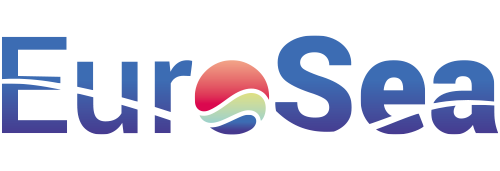
Description
Ocean modelling and ocean observing are two critical components in marine science. While ocean observing is about collecting data from the marine environment, ocean modelling uses this data to create simulations and predictions about ocean behaviour. Historically, these two sectors have worked somewhat in isolation. The introduction of workshops aimed at bridging these two communities represents a significant advancement in collaborative marine science.
Impact During the Project
Interdisciplinary Collaboration: By bringing together professionals from both ocean modelling and ocean observing sectors, the workshops foster an interdisciplinary approach, enriching both fields with insights and techniques from the other.
Community Expansion: The attendance measure will showcase the growing interest and participation in these workshops, indicating an expanding network of professionals committed to integrated marine science.
Actionable Outcomes: Instead of just theoretical discussions, these workshops aim to identify collaborative actions, leading to tangible results and projects.
Impact Post Project
UN Decade Alignment: The workshops’ focus on supporting the relevant programmes of the UN Decade ensures that the collaborative efforts are in line with globally recognized goals and objectives.
Foundation for Future Projects: The established networks and collaboration between the two communities will be instrumental in forming the basis for future science project proposals. The measure of accepted science project proposals will serve as an indicator of this impact.
Enhanced Marine Research: By combining the observational data with advanced modelling techniques, marine research can achieve more accurate and comprehensive results. This integrated approach is crucial for addressing complex marine challenges.
Advancement over and above State of the Art
Unified Approach: Unlike traditional workshops that cater to a singular domain, these sessions bridge the gap between ocean observing and modelling, promoting a more holistic approach to marine science.
Global Alignment: By focusing on the UN Decade’s objectives, these workshops align local and regional efforts with global goals, ensuring coherence and synergy in marine research efforts across the board.
Tangible Outcomes: Moving beyond discussions, the workshops are designed to produce actionable outcomes and drive collaborative projects, ensuring that the effort translates into on-ground advancements.
In essence, these workshops represent a paradigm shift in marine science, emphasizing collaboration, interdisciplinary integration, and alignment with global objectives. They not only champion the cause of integrated marine science but also lay the foundation for future projects and advancements, making them a significant leap over the existing state of the art.
Links and References
NA
